I admit I wasn’t following too closely the controversy around Francesca Orsini, a noted scholar of Hindi literature and a professor at SOAS, London, who was denied entry into India when she landed at the New Delhi airport on October 20 and was asked to leave.
It did come to my notice that ‘public intellectuals’ and academics of various stripes are descending from their ivory towers and taking the Narendra Modi government to task. However, since most of these critics (overwhelmingly ‘South Asianists’ of Indian descent) draw legitimacy and acceptance in their circles from how virulently they may castigate the Modi government, and how firmly they must press perfumed handkerchiefs to their noses while engaging online with the ‘Hindoo nationalist’ crowd, I didn’t give it too much thought at that time.
It is only when I started gathering information for this piece that I was reminded anew how conceited these snotty eggheads are—the sheer arrogance of this privileged class that thinks it is above all rules and laws. There ought not be any debate over the professor’s deportation. Violation of visa rules attracts immediate penalty worldwide.
That there was, and the fact that the debate quickly became a running commentary on Orsini’s scholastic prowess, and whose knowledge is considered valid and whose voices carry authority, tells us how the very structures of knowledge production still perpetuate colonial power relations. Even in 2025.
Wait a minute, I can almost hear you asking, foreign academics may enter India at will without bothering about visa provisions or infractions related to visa category misuse if they are ‘serious scholars’? I’m afraid that’s where we are at the moment.
Because the facts are clear. Orsini had arrived in India from China via Hong Kong. The London-based scholar had a valid tourist visa. Her name was added to the blacklist in March 2025 after authorities determined that she had breached visa provisions during her October 2024 stay by participating in academic activity, for which she needed a separate “R” category visa, according to Indian immigration rules.
Impact Shorts
More ShortsNaturally, any future arrival at an Indian port of entry would trigger automatic denial and deportation, as is the standard practice worldwide. Tourist visa holders may not undertake, unless prior permission is obtained, professional work, research, evangelical activities or any form of employment in India. The authorities are under no obligation to specify the terms during denial of entry.
Did the Indian authorities commit a legal breach in denying entry to Orsini? What does the law say? The Business Standard quotes an expert in immigration laws, as saying, “The Indian government possesses clear legal authority to deny entry to foreign nationals who are found to have violated visa conditions.”
Regardless of whether a foreign scholar is ‘serious’, has presided over a bunch of PhDs or is ‘integral to our understanding of our own civilization’ (!!!), the fact remains that Orsini indulged in visa category misuse, and Indian authorities asserted their sovereign right to regulate foreign entry. Case closed.
This, I would imagine, is rather obvious. If there is no border, there is no law and there is no country.
Do foreign countries enforce visa policies and regulate entry? The United States offers specific visa categories for academics and engaging in work, research, or teaching outside the terms of one’s visa—for example, working while on a visitor (B-1/B-2) visa—may result in blacklisting, revocation, or deportation.
Similarly, the UK’s academic visa routes have stringent conditions regarding genuine study intentions and permissible activities. Guidelines point out that “visa conditions are strictly enforced. If your activities stray beyond what has been approved by the (UK) Home Office, you could be in breach of your visa terms…. A refused visa application, or being denied entry at the border will also be recorded on your immigration history.”
Examples are galore. We don’t have to stray too far. The Guardian reports of a historian at Oxford University, Manikarnika Dutta, who is facing deportation from the UK because the Home Office has determined that “she spent too many days conducting her research requiring access to historic Indian archives stored in India.”
According to the report that cites UK’s Home Office rules, “ people who apply for indefinite leave to remain in the UK based on long residency of 10 years or more can be abroad for a maximum of 548 days during a 10-year period prior to applying for indefinite leave. Dutta was away for 691 days.”
Dutta, who resides in the UK with her husband in South London, has filed an appeal. The British authorities “rejected her right to remain in the country on the basis that she does not have a family life in Britain, although she and her husband have been married for more than 10 years.”
I haven’t seen too many academics or ‘public intellectuals’ take up Dutta’s case. Were the ‘South Asianists’ too busy gatekeeping, or are there no ‘liberal’ points to score here and hence no chance to impart ‘quotes’, or get profiled on the pages of the BBC or CNN? Or is it because India is a soft target?
Rupak Chattopadhyay, political economist and an expert on intergovernmental relations, makes a good point on the burgeoning army of ‘South Asianists’ in Western academia. “Over the years, I have seen too many Indian social science and humanities doctoral students and academics take the path of least resistance by studying India. Most don’t even study India in a comparative context and end up piegion (sic) holing themselves as ‘Indianists’ or ‘Area Studies’ experts. Our understanding of India would be richer if in fact more comparative work was undertaken, and Indians might learn more if they were curious about other cultures. Such missed opportunities.”
This is both a result of preferring convenience over risk-taking, fear of failure, the perils of publish-or-perish culture on the one hand, and the epistemic dominance of the West on the other. Why go against the grain and risk one’s career advancement?
This dominance, however, ultimately informs the works of Western scholars such as Orsini, gives her the bully pulpit as she proceeds to deconstruct Indian national linguistic identity from her vantage point as an occidental linguist. This also ends up perpetuating Indian elite consensus.
Consider this post on X (formerly Twitter) by historian Mukul Kesavan: “The visceral hostility of the NDA government to scholars and scholarship is something to behold. A government ideologically committed to Hindi has banned Francesca Orsini. You can’t make this up.”
Or historian Ram Guha: “Professor Francesca Orsini is a great scholar of Indian literature, whose work has richly illuminated our understanding of our own cultural heritage. To deport her without reason is the mark of a government that is insecure, paranoid, and even stupid.”
It is obvious that in Orsini’s case, the Indian authorities did nothing wrong in denying her entry, and the action was in conformation with visa policies worldwide.
What, then, explains this fact-free outrage? The almighty brouhaha?
It stems mainly from an astounding sense of entitlement that foreign scholars are immune to the visa laws or immigration rules of a third world country, but the manifestation of the debate on social media takes us into an even more disturbing corner where it appears that Indians do not have the license to interpret their own heritage and culture and must fall back on Western scholars as ‘authoritative interpreters’ of Indian languages, texts and traditions.
Nobody is denying Orsini’s scholarship, or the collective weight of her body of work where she explores, through her lens on Hindi, Urdu, and Indo-Persian literary cultures the topics of multilingualism, interaction of language, literature, politics in North India, and the cultural history of Hindi and Urdu.
But to suggest that the legatees of a living, thriving, flourishing civilisation needs outside help to better assimilate their own culture is to propose that Indians are alienated from their own language, roots and intellectual heritage, and their knowledge systems stand devalued, marginalised and lobotomised unless benevolent, empathetic scholars from abroad—who might act out of genuine wisdom or respect—carry out the heroic task of “illuminating our understanding”.
Was it Gayatri Spivak who argued that subaltern groups are silenced by power structures, they cannot speak for themselves within dominant frameworks, and that outsiders cannot speak for them without producing distortions?
What Guha or Kesavan propagate is the elite internalisation of a dynamic that involves presenting the Western scholar as the definitive expert, while indigenous voices are repositories of ‘local data’ for theories developed in the West than knowledge holders in their own right.
As has been evident in Orsini’s case, in this corner of epistemic colonialism a scholar’s academic credentials become central to the debate even though it has no bearing on the issue of deportation. Why? Because the subject in question is a noted literary historian, a European based in London, whose ‘vast body of work in Hindi’ gives her an automatic stature as the primary authority on a colonized culture in continuation of colonial-era power structures.
Professor Hindol Sengupta, a historian, calls it “scholastic apartheid”. He writes in Firstpost, “For instance, any German historian working on Indian topics is treated with a presumed authority and seriousness by institutions in both Germany and India, but if an Indian historian proposes to research, say, the Protestant Reformation or the intellectual legacy of the Enlightenment from a critical Indic perspective, they are met with cold indifference, suspicion, or even ridicule.”
To quote from scholar Bunmi Isaiah Omodan’s 2024 paper titled ‘The Roles of Epistemology and Decoloniality in Addressing Power Dynamics in University Education’, “The dominance of Western epistemological frameworks has significantly influenced the dissemination and validation of knowledge within academic settings, subsequently marginalising non-Western, Indigenous, and alternative knowledge systems. This dominance contributes to a continuous cycle of unequal power relations, exclusion, and marginalisation of diverse voices and perspectives.”
We see a reflection of this in Rutgers University professor Audrey Truschke’s post on X, where she writes, “Academics matter. And Hindu nationalism is no match for us. Hindu nationalists know their weakness. That’s why they fight to keep professors out and crush those within their borders; it’s their only tool to suppress critical inquiry and knowledge.”
Two things are happening here. The Western knowledge system reserves for itself the right to denote the nomenclature of things on which meanings and interpretations are imposed, generating and propagating discourse. It signifies Professor Tang Jingtai of Fudan University’s theory that nomenclature power and interpretive power are in themselves the core essentials of discourse power. Truschke doubles down on this hegemonic system that delegitimizes Indian scholars who seek to reclaim narrative authority.
Second, this superiority complex, rooted in colonial hierarchies, manifests through structural gatekeeping, methodological prejudice, and the systematic marginalisation of alternative epistemologies.
For instance, another ‘South Asianist’ academic, Samyak Ghosh, holds forth on the controversy: “This insider/outsider differentiation is nonsense. Only an ignorant person won’t have heard about Orsini, Busch, Hawley, and many other ‘not Indian’ Hindi scholars. Study of Hindi is rigorous in American universities and many Hindi scholars work and teach outside India.”
Nobody is contesting the rigour of Western scholars or scholastic traditions. The fundamental issue, however, is whether Indians have the right to define their own languages, cultural traditions, civilisational narratives or whether this authority permanently resides with Western academia or Indologists sitting outside and looking in. This is true even when Western interpretations contradict how practitioners themselves understand their own heritage.
For instance, as US-based journalist Avatans Kumar writes in his essay “Weaponizing ‘Caste’ Against Indian Diaspora”, “‘ caste’ is an import in India and has no antecedents in Indian culture. Linguistically, also, ‘caste’ has no cognates in Indian languages… The native Hindu word for ‘caste proper’ is jāti, which Arvind Sharma (The Ruler’s Gaze) points out ‘denotes the social unit one is born in’. There is, however, a disconnect between jāti as perceived within the native insider tradition and the way the West conflates the ‘caste system’.”
When Indian scholars challenge Western academic narratives—particularly regarding caste, religion, or colonial history—they encounter organised resistance framed as defence of scholastic integrity.
To cite the case of American scholar Sheldon Pollock in 2016, when 132 Indian academics petitioned for his removal from the Murty Classical Library editorship, citing his systematic bias against Hindu civilisation (the petition held that Pollock “echoes the views of Macaulay and Max Weber that the shastras generated in India serve no contemporary purpose except for the study of how Indians express themselves”), Western academia responded by closing ranks and framing the petitioners as ‘nationalist zealots attacking academic freedom’.
The Time magazine called it “a disconcerting sign of India’s increasing Hindu nationalism under Prime Minister Narendra Modi”.
I am overlooking Orsini’s ‘anti-CAA activism’ or her stance on Kashmir, or the issue of mixing political activism with serious scholarship. This is not the space, either, for literary criticism of her work as a scholar. But it cannot be that the everyday experiences of an Indian rooted in her praxis, her lived realities, her language, culture, tradition, heritage is incomplete without a helping hand from a Western scholar.
As Bharat Gupt so eloquently wrote in Swarajya while critiquing Wendy Doniger, “The hunter Rama of Valmiki is the same as the vegetarian Rama of Tulsi, because he is Vishnu incarnating for establishing the dharma”—it need not be placed exclusively within an oppressive-oppressor framework.
Let us be. Let us speak.
(Views expressed in the above piece are personal and solely those of the author. They do not necessarily reflect Firstpost’s views.)


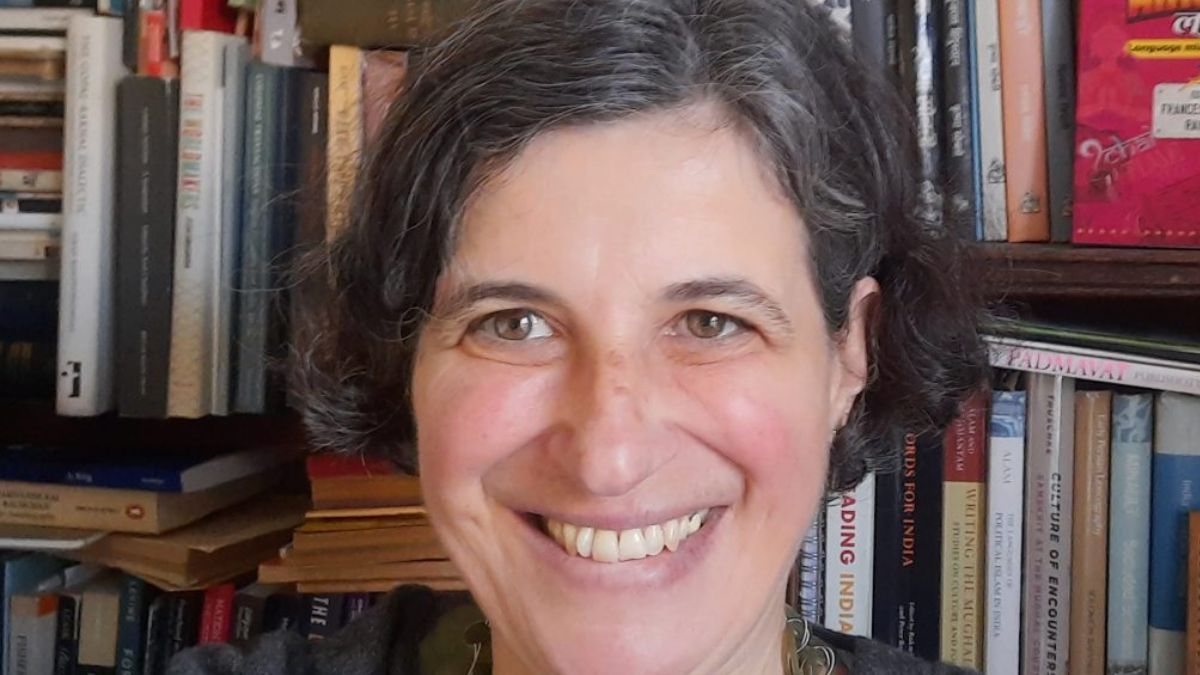)
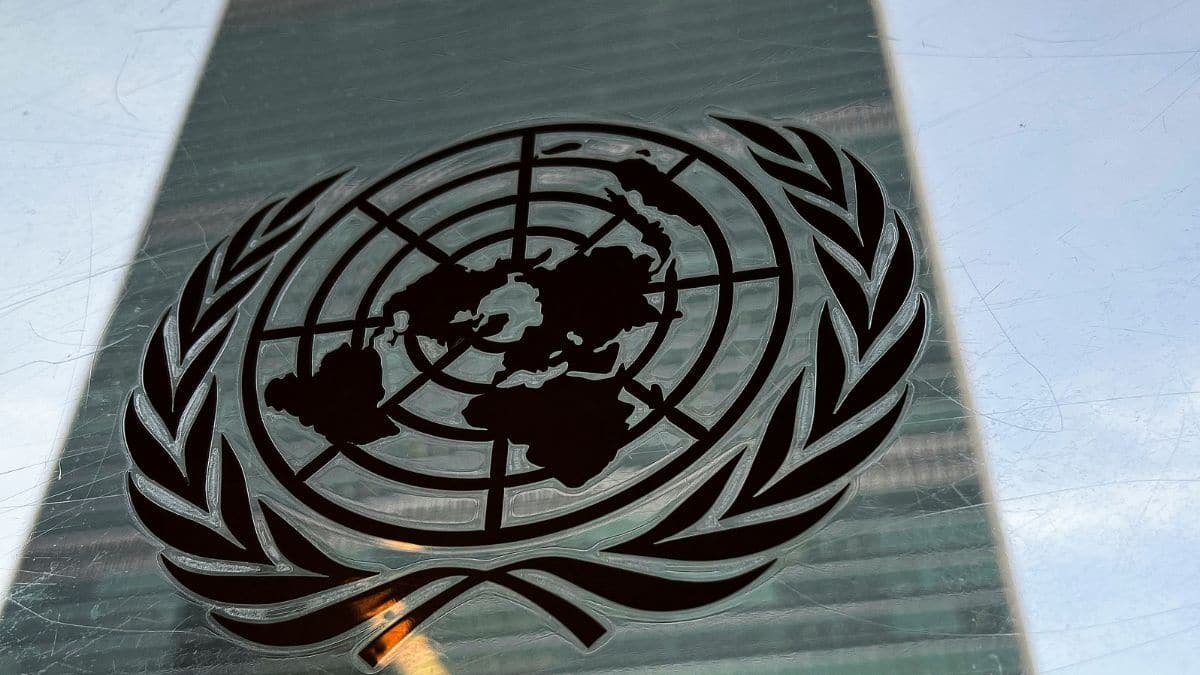
)
)
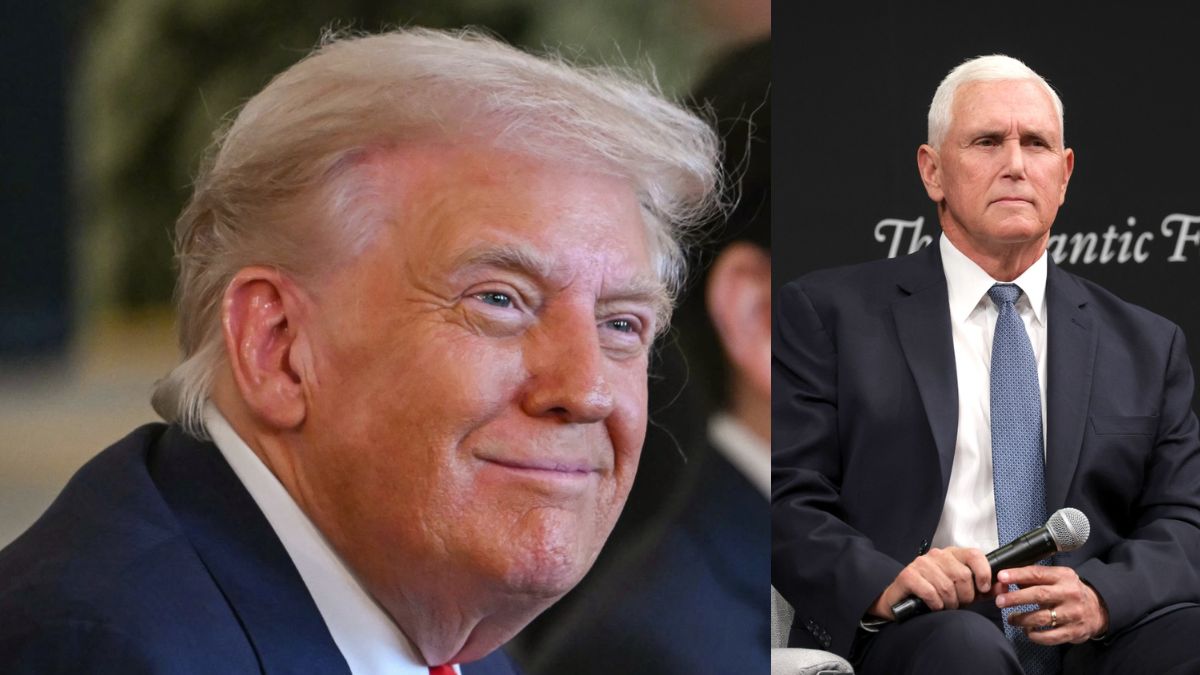)
)
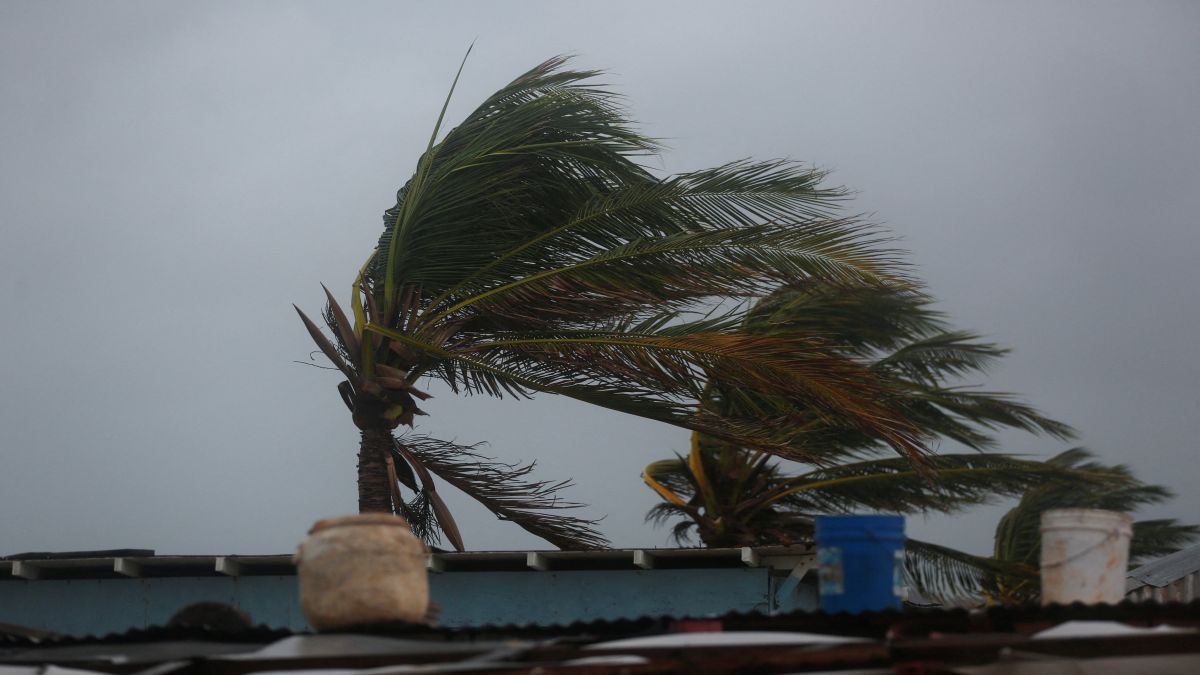)
)
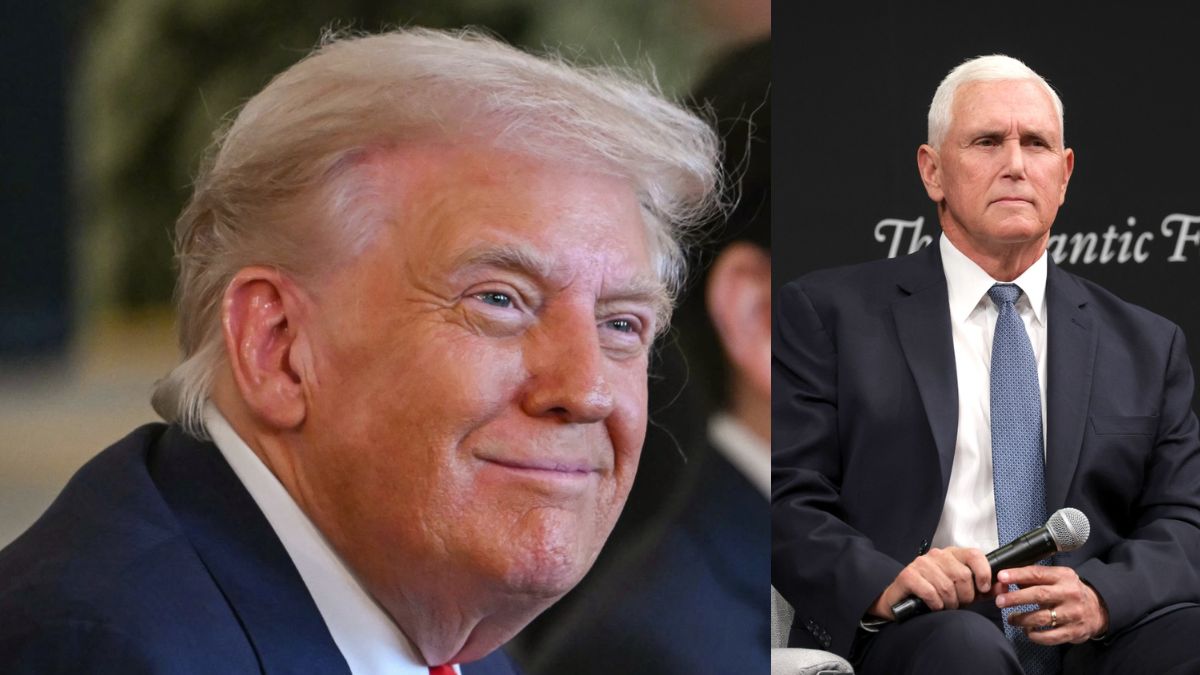)
)



